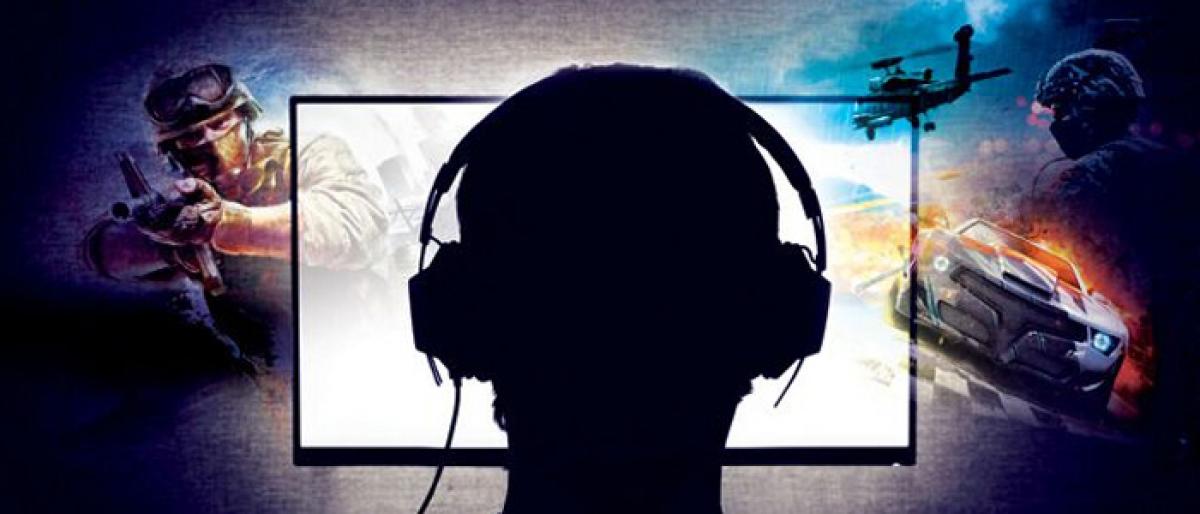Gaming Disorder

The World Health Organization (WHO) has now included \"gaming disorder\" as a mental health condition in its International Classification of Diseases (ICD). The ICD, a diagnostic manual published by the WHO, was last updated in 1990 and its new edition, ICD-11, has included gaming disorder as a serious health condition that needs to be monitored.
The World Health Organization (WHO) has now included "gaming disorder" as a mental health condition in its International Classification of Diseases (ICD). The ICD, a diagnostic manual published by the WHO, was last updated in 1990 and its new edition, ICD-11, has included gaming disorder as a serious health condition that needs to be monitored.
"Gaming disorder has been added to the section on addictive disorders," the WHO said in a statement. This classification means health professionals and systems will be more "alerted to the existence of this condition" while boosting the possibility that "people who suffer from these conditions can get appropriate help", Vladimir Poznyak, a member of the WHO's Department of Mental Health and Substance Abuse, was quoted as telling the CNN.
"Millions of gamers around the world, even when it comes to the intense gaming, would never qualify as people suffering from gaming disorder," he said, adding that the overall prevalence of this condition is "very low". "And let me emphasise that this is a clinical condition, and clinical diagnosis can be made only by health professionals which are properly trained to do that," he noted.
Gaming disorder is defined in the draft 11th Revision of the International Classification of Diseases (ICD-11) as a pattern of gaming behavior (“digital-gaming” or “video-gaming”) characterized by impaired control over gaming, increasing priority given to gaming over other activities to the extent that gaming takes precedence over other interests and daily activities, and continuation or escalation of gaming despite the occurrence of negative consequences.
For gaming disorder to be diagnosed, the behaviour pattern must be of sufficient severity to result in significant impairment in personal, family, social, educational, occupational or other important areas of functioning and would normally have been evident for at least 12 months.
The inclusion of gaming disorder in ICD-11 follows the development of treatment programmes for people with health conditions identical to those characteristic of gaming disorder in many parts of the world, and will result in the increased attention of health professionals to the risks of development of this disorder and, accordingly, to relevant prevention and treatment measures.




















